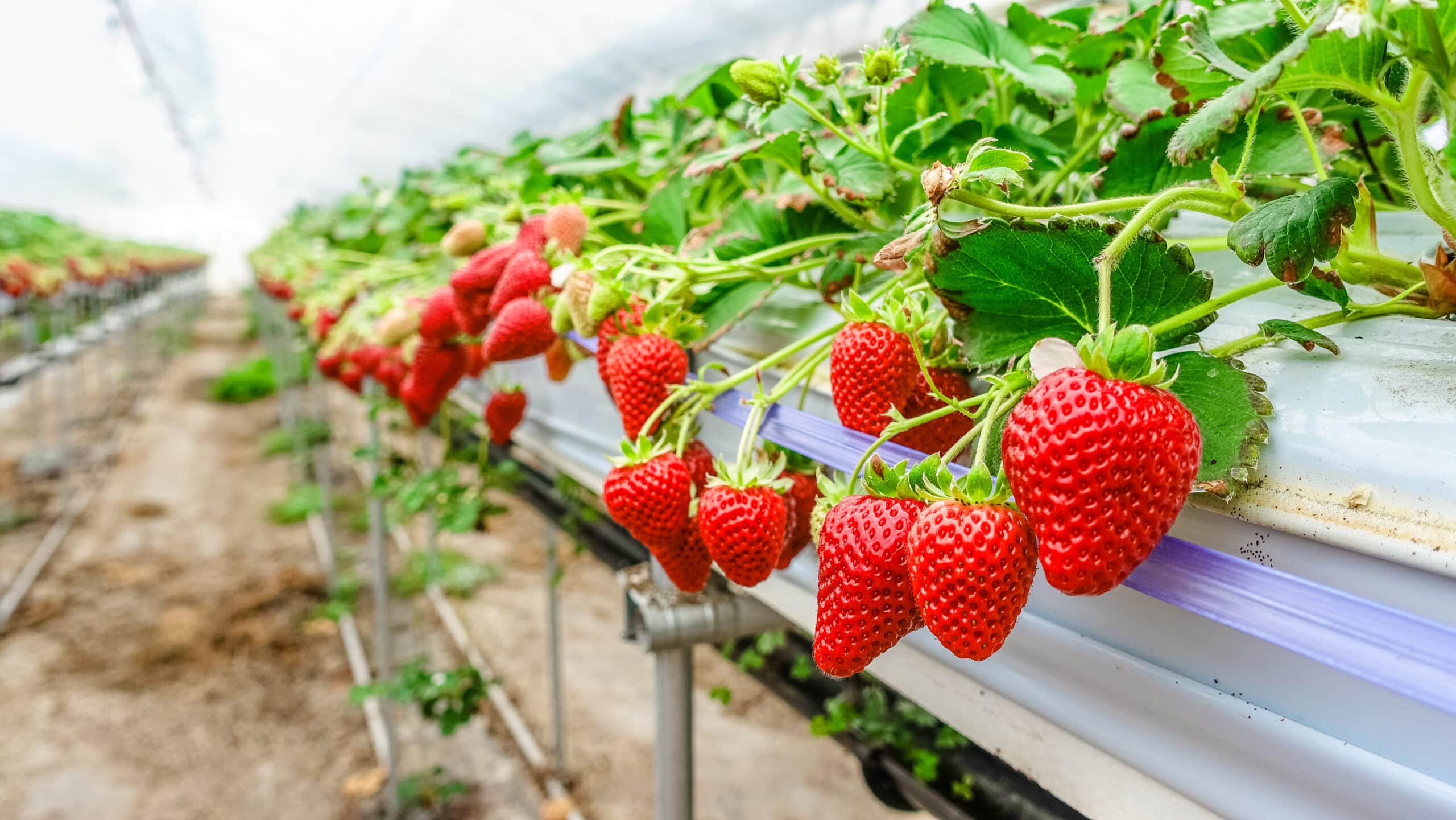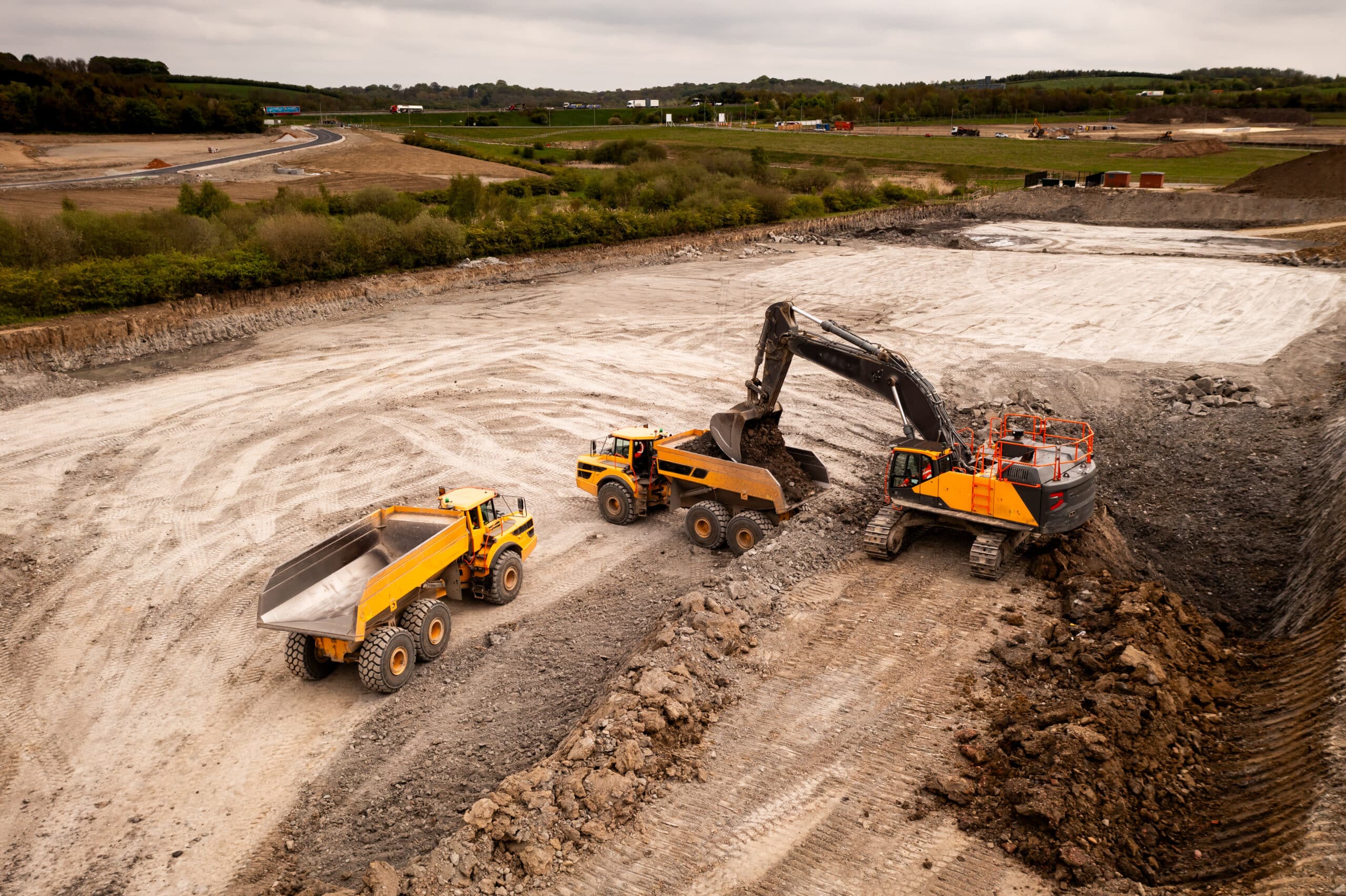The coast has always been important to the UAE (United Arab Emirates).
According to Rashed Al Blooshi, acting undersecretary at the Department of Economic Development Abu Dhabi, the UAE can position itself as a hub to all the nations, owing to its strategic location.
“About 42 per cent of the UAE population somehow lives near the sea; 68 per cent of the UAE’s jobs are related to services and functions of the seas, and 30 percent of jobs in the country are related to areas close to the sea.”
The UAE’s affinity to the sea is still apparent with its high per capita consumption of seafood. This is accentuated by the influx of ex-pats many of whom opt for seafood as well. However, this increased demand has been supplied with imported seafood because the Arabian Gulf fish stocks have been depleted due to overfishing. Currently, up to 70% of the seafood consumed in the UAE is imported, 29% comes from fisheries and just 1% from aquaculture.
The waters of the UAE host a diversity of marine and coastal habitats that are under increasing pressure from multiple anthropogenic activities related to rapid economic growth.
In response, Marine Protected Areas (MPAs) currently cover 12% of the UAE’s coastal and marine zones. The UAE National Biodiversity Strategy and Action Plan aims to increase the extent of protection to 14% by 2021, a target that exceeds current global commitments.
What is the Blue Economy?
The UN first introduced the phrase “blue economy” at a conference in 2012 in the context of sustainability. It was based on the argument that marine ecosystems are more productive when they are healthy.
The blue economy’s scope varies among organizations. However, the term is used in the scope of international development when describing the sustainable development of coastal resources. The WWF defines the Sustainable Blue Economy as a marine-based economy that:
- Provides social and economic benefits for current and future generations;
- Restores and protects, and maintains the diversity, productivity, and resilience of marine ecosystems, and
- Based on clean technologies, renewable energy, and circular material flows.
How the Blue Economy works
The coastal and marine ecosystems of the UAE are highly productive and deliver multiple ecosystem services that support the UAE’s society and economy.
Coral reefs, intertidal mudflats, mangroves, oyster beds and seagrass meadows are critical for providing seafood and clean seawater for desalination. They also contribute to climate change mitigation through carbon sequestration and help protect coastal infrastructure and communities against erosion, sea level rise and storms.
Many businesses within the UAE rely on a healthy marine ecosystem. For example, the hospitality sector relies on clean bathing waters and recreation opportunities in natural areas such as reefs and mangroves. Their activities can be affected by chemical and oil pollution that degrades ecosystems, water quality and the overall visitor experience.
Water desalination plants also rely on good water quality; increased salinity or pollutants in the seawater requires additional treatment with cost implications for their operations.
For ports, channel stabilisation and erosion control are important operational considerations that can be affected by coastal modifications, storms and sea level rise due to climate change.
Coastal tourism
Within the UAE, many hospitality and tour operators offer a unique blend of sightseeing opportunities and nature-based experiences.63 These include nature-based trips to the desert, mountains, and coastal areas, as well as water-based activities such as diving and snorkelling. Many luxury, low-impact ecotourism developments are also being set up.
Shipping and ports
The UAE has over 20 leading seaports and some of the largest oil export terminals in the world and is leading in terms of innovation within the sector. It is home to the headquarters of Abu Dhabi Ports Group, the developer of Maqta Gateway, which is the UAE’s first digital port community powered by blockchain.
Fisheries, aquaculture and renewable energy
The shift to a blue economy leads to benefits not only in food security but also other spheres such as energy production. Offshore wind farms as mentioned earlier are key to the shift away from fossil fuels and this technology already had a total capacity of 29 GW in 2019 with 6.1 GW being installed in 2019 alone, which represents a year-on-year increase of 35.5%.
The aquaculture industry could be key in all this as a stepping stone to a wider blue economy. Aquaculture can be potentially integrated with offshore wind farms. There are other opportunities in the culture of macroalgae and microalga with probiotic and anti-viral properties for the pharmaceutical industry. The coastal culture of oysters or other molluscs could be promoted as a clean way of increasing seafood production and improving water quality.
The Blue Economy and UAE’s sustainable goals
The UAE along with the other countries of the Gulf Cooperation Council have always been reliant on the maritime industries. Now in a drive to diversify its economy the health of its oceans is becoming more important. This goes hand in hand with the country’s goals for increased sustainability, reducing GHG emissions and increased food security. This will provide a wide range of opportunities for investors in aquaculture, renewables, and coastal tourism within the country.
Looking for more insights and reliable advice for food and aquaculture in the UAE?
The UAE’s coastal proximity and marine ecosystems are pivotal to its economy and broader society, and this is highlighted by the proportionately high per capita consumption of seafood.
Under pressure from high consumer demand, it is crucial that the UAE’s fisheries and aquaculture industries can remain productive without sacrificing sustainability and biodiversity in marine ecosystems.
Farrelly Mitchell are adept at navigating the transition to sustainable practices within marine-based economies. Our expertise in sustainable and esg strategies, aquaculture, water management, and food loss and waste positions us to guide businesses and investors through the intricacies of the blue economy. We provide actionable insights and strategic planning to leverage opportunities within the UAE’s maritime sectors, fostering sustainable growth and resilience against environmental challenges.














